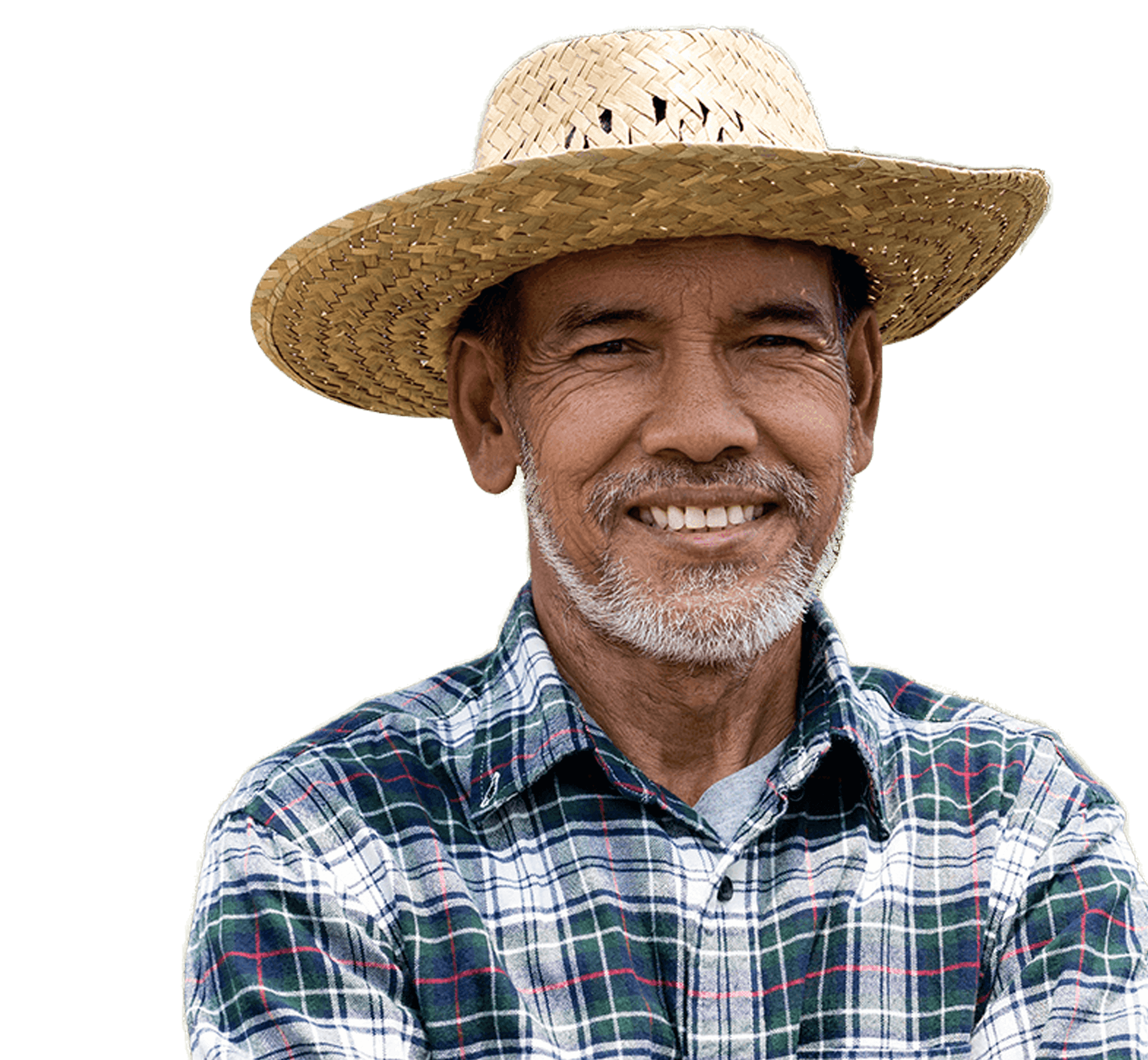

throughout our value chain with sustainable packaging, efficient operations, and food and water waste reduction.
Waste reduction can be a means for organizations to achieve environmental, social and economic objectives, suggesting a change in production and consumption models to embrace this challenge throughout the world.
Our commitment is to divert 100% of our waste from landfill, prioritizing reuse and recycling.
Identifying and changing of packages due to bulk handling of some of our raw materials. Up to 2021, we have refrained from producing 290 tons of waste, reducing the use of plastic.
Substituting industrial and broken pallets with rebuilt ones, thereby saving on 713 pallets, which is equivalent to 13,119 kilos of plastic saved.
This is the basis for identifying areas of opportunity through root-cause analysis.
Encouraging staff area to facilitate the work of its associates.
Encourages staff area to facilitate work for operations associates so they may concentrate on achieving quality requirements and objectives.
Aligning value chain with market demand.
Ensuring proper operability of machinery and equipment to maintain optimum levels of reliability and profitability.
Alliances
Grupo Bimbo has entered into collaborative alliances with different organizations, such as:
Pacto por la Comida
Mexico
#SinDesperdicio
Latin America and the Caribbean
Food Waste Action Coalition
Too good to go
Europe

We look for alternative water-use technologies and to improve treatment and reuse in discharges.
maximizing the use of renewable energy and optimizing the use of our resources to minimize CO2 emissions
A carbon footprint represents the impact on our environment caused by human activity. In other words, the environmental mark left on the planet by a person, product, or organization as a result of day-to-day actions.
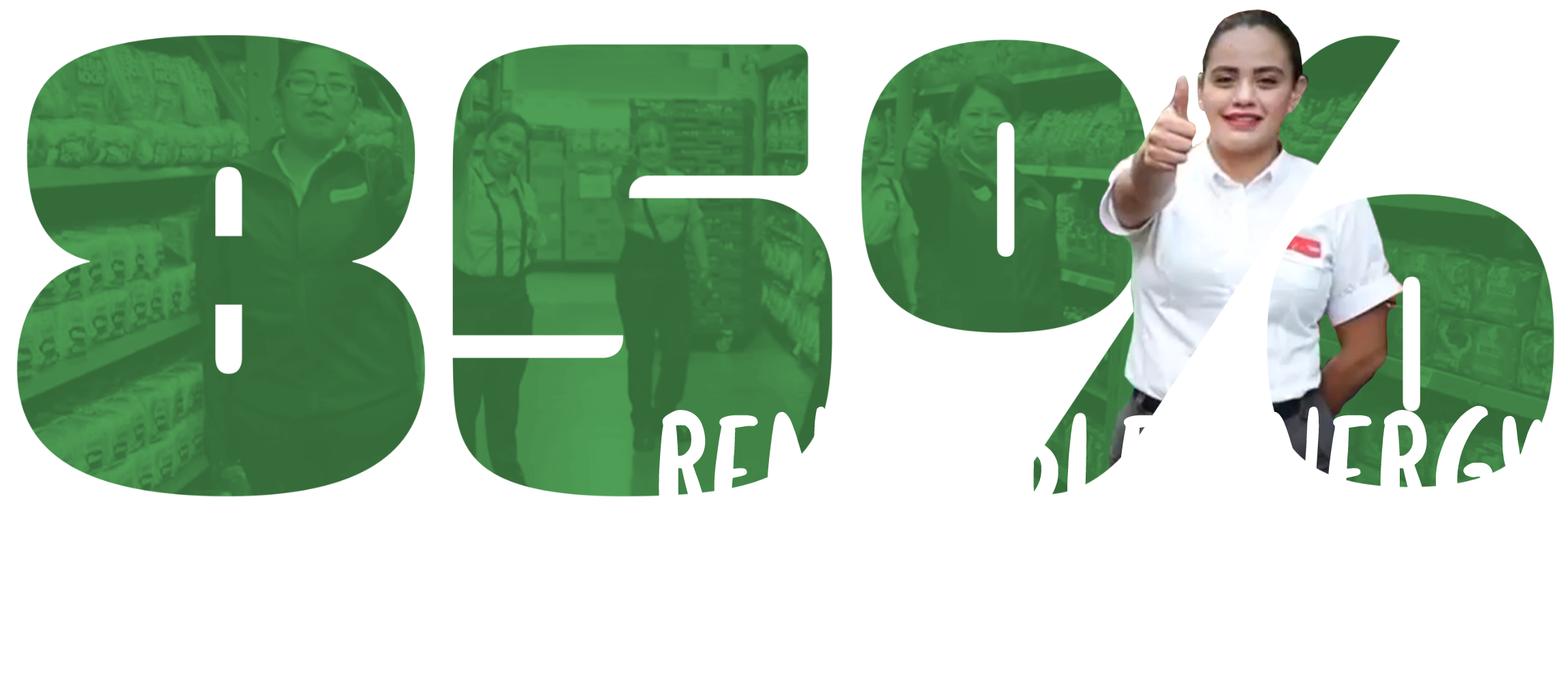
Scope 1
Direct emissions from fuel used in bakeries and other plants, vehicles, and refrigerants.
Scope 2
Emitted directly from the electricity we use in our bakeries and other plants, vehicles, and refrigerants.
Scope 3
Indirect emissions within our value chain produced by a third party, for raw materials, services, investments, and outsourced distribution.
We have reduced our scope 2 emissions by 60% as compared to our baseline when considering that our Company has grown 10% in tons of production.
Aware that there are many challenges ahead, detailed planning is required for short, medium and long-term objectives leading to net zero carbon emissions.
Strategy design
and planning
For several years we have been working on plans designed to reduce our carbon footprint:
By 2021, we are the first Mexican food company to sign the commitment to net zero carbon emissions by 2050, with objectives validated by Science-Based Targets, and part of the UN Race to Zero campaign through the Business Ambition initiative for 1.5°.
Decarbonizing our
energy sources
By 2025 we will have reached Scope 2 zero net carbon emissions, which are caused by all the electricity sources used within our processes.
Decarbonizing direct
operations and supply chain
By 2040 we should be nearing scope 1 zero net carbon emissions; that is, direct emissions generated in our internal operating processes, such as the fuels used in our ovens or delivery fleets.
Decarbonizing
indirect operations
Lastly, we will conclude the decarbonization of our scope 3 emissions (indirect emissions) which are produced by third parties within our value chain to make our products available to all.
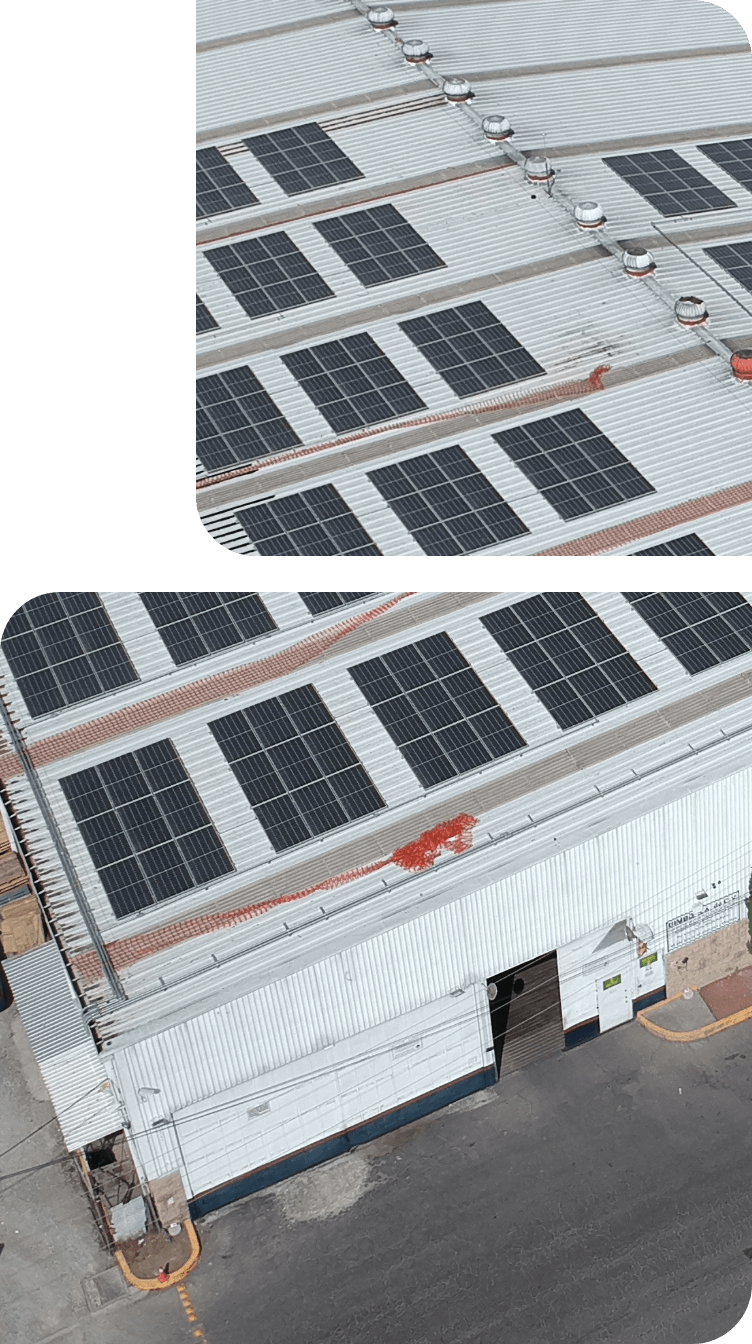
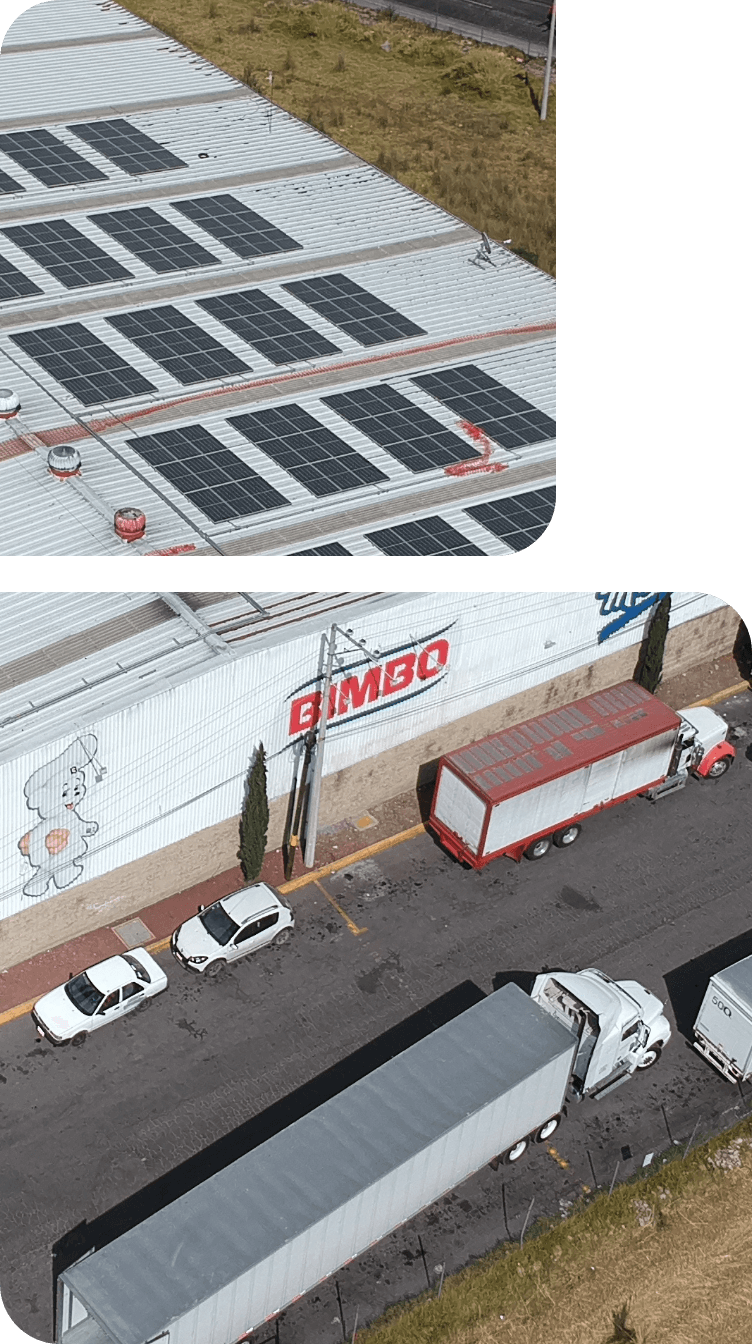
During 2021, Bimbo Mexico initiated a newpractice: electric motor driven pumps for workwith dough, producing a 12% saving in the useof electricity for air compressors and which wasreplicated in 14 productions centers, thus savingover 300,000 kWh in four months.
The use of ultrasonic chambers to detect leaks, with annual savings of: Barcel, 69,925kWh; China, 180,000 RMD
Replacements with high-efficiency motors: Latin Centro, 20% less energy used as compared to conventional motors.

The company’s road to electromobility began in 1994 in downtown of Mexico City with recreational vehicles adapted for goods distribution, and in 2012.
Colombia follows our commitment to sustainable practices such as: washing stations, GNV vehicles, ecological image, dry washing, tractor-trailers with EURO IV, 100% electric vehicles, ECO transportation, and 100% gas trucking rigs.
The Energy Sustainability Agency of Chile recognized Ideal SA with Clean Line of Business certification for its transportation fleet, voluntary national program that certifies and recognizes efforts by transportation companies in the field of sustainability and energy efficiency, as well as load generators who prefer carrier companies.
We optimize our distribution processes with Intermodal, a project using marine and rail transportation, which has allowed for improvements in delivery times and reductions in our carbon footprint.
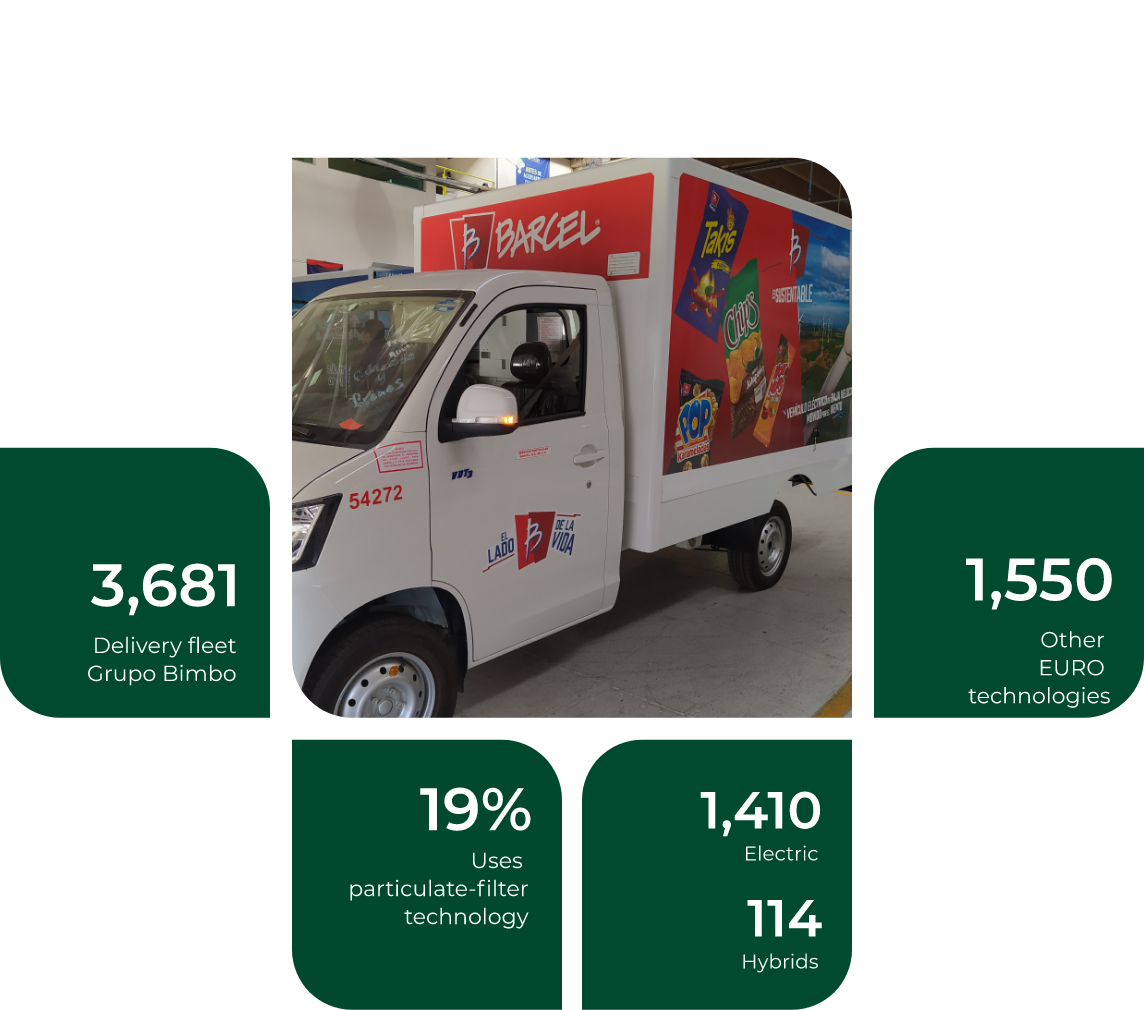
reduce greenhouse gas emissions, build resilient ecosystems, making efficient use of resources needed in production.
Aware of the need for practices that enable us to contribute to enhanced production systems and to the sustainable supply of raw materials, we promote the empowerment of farmers and suppliers, thereby protecting nature at the same time.
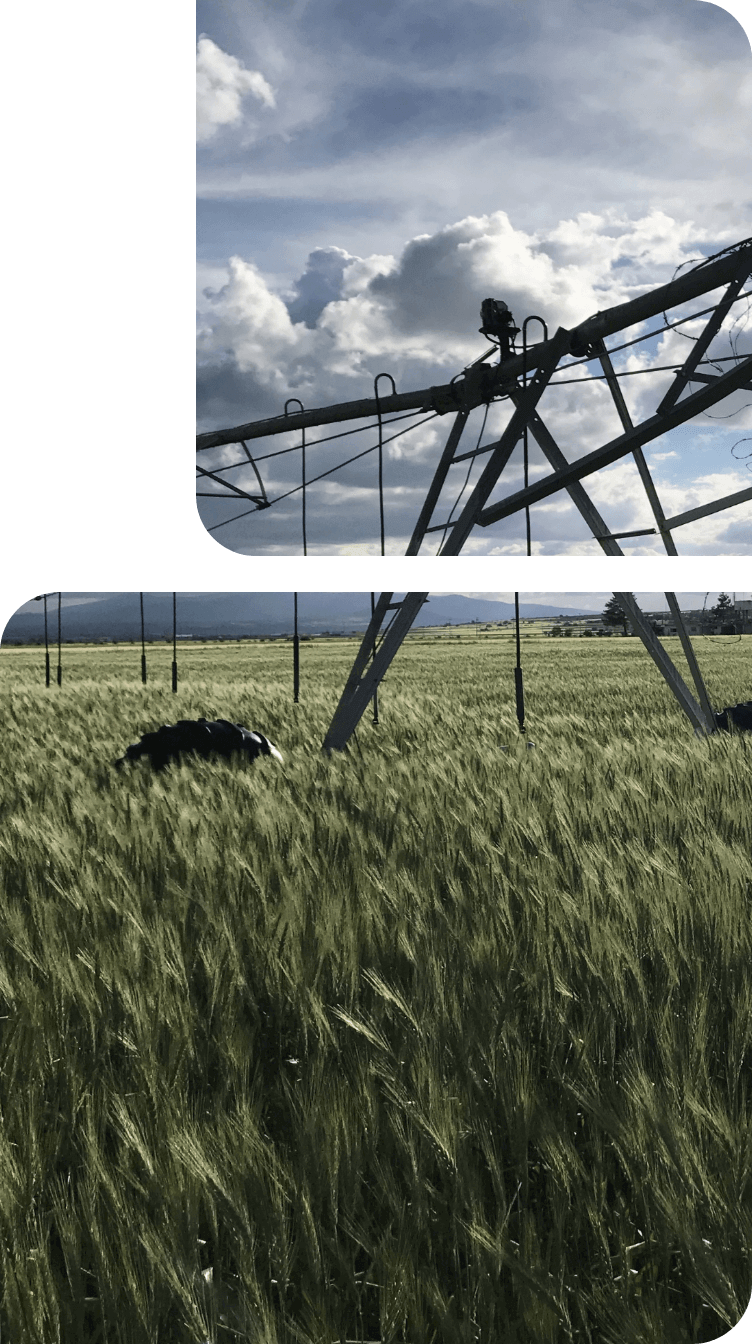
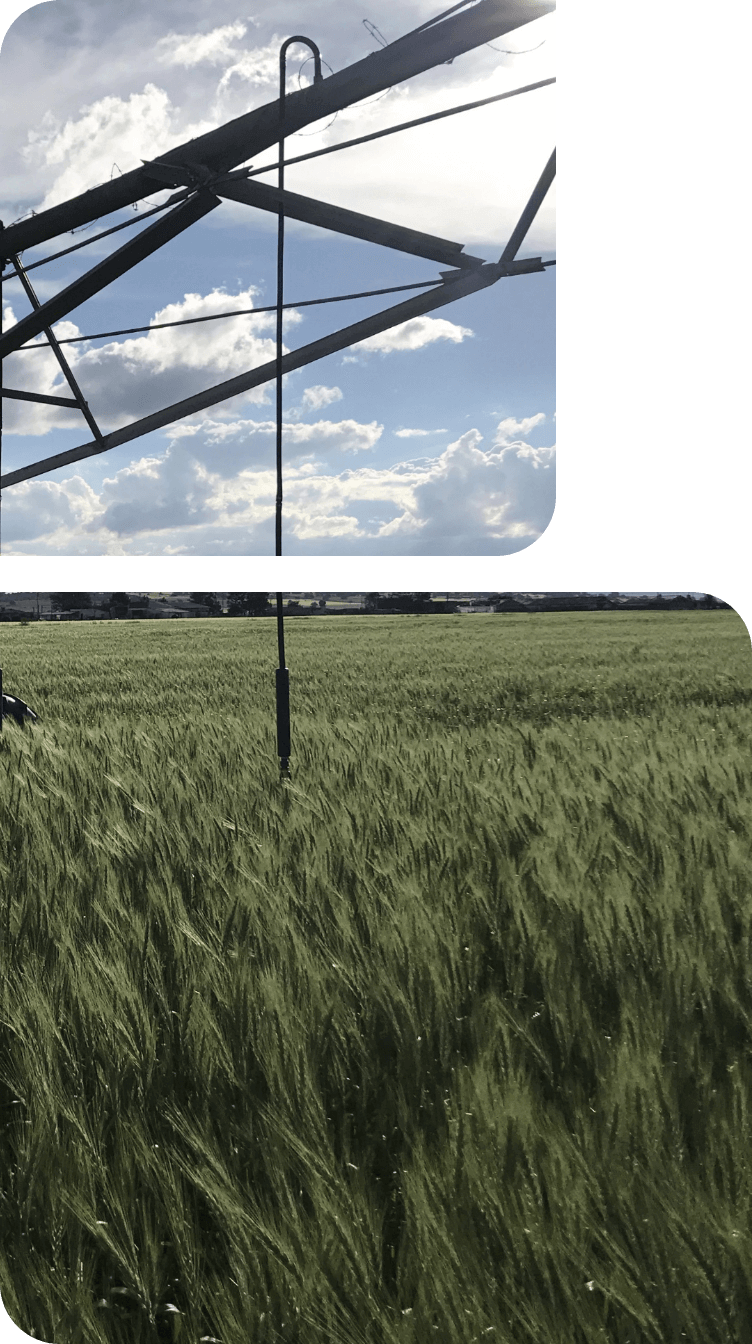
At Grupo Bimbo we are committed to promote regenerative agricultural systems, biodiversity, and ecosystem health through specific regional practices aimed at minimizing soil disturbance, improve water cycles, reduce our carbon footprint, promote farmer development, and source sustainable raw materials.
Some of the regenerative agricultural practices with the greatest impact on reducing carbon and water footprints are: incorporating crop rotation; implementing beneficial microorganisms to increase plant and soil health; and agricultural technology that generates greater water and fertilizer efficiencies.
During the 2021 spring/summer maize cycle in Jalisco, over 7,000 tons were harvested, in a surface area of 900 hectares, with the participation of 41 farmers.
In 2021, the setting up of school plots began as a complement with the purpose of implementing regenerative practices to test different technologies and software to reduce carbon footprints and demonstrate the benefits they can provide farmers in increased crop profitability.
Regenerative practices were put into place for 430 hectares of potato, which include crop rotation and cover crops.
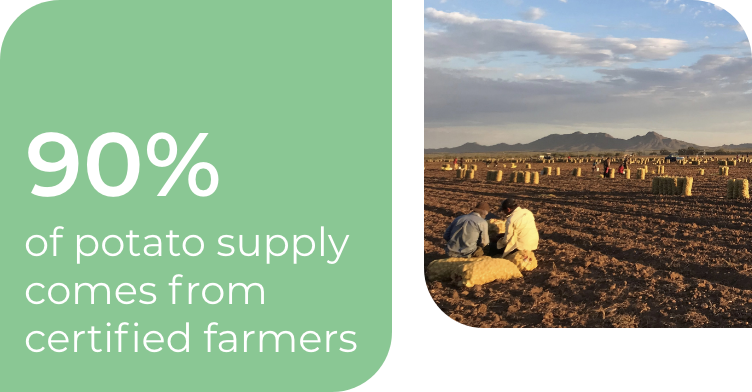
Our achievements
Aware that regenerative agriculture goals are ambitious, we nevertheless know that with hard work, creativity, and close ties with our farmers, growers, suppliers, scientists, governments, and colleagues this aspiration will become a reality, transforming into a more resilient food system.

One of the primary achievements of this program is the mapping of our suppliers’ maturity level, with whom we have the possibility of preparing training, as their needs dictate.
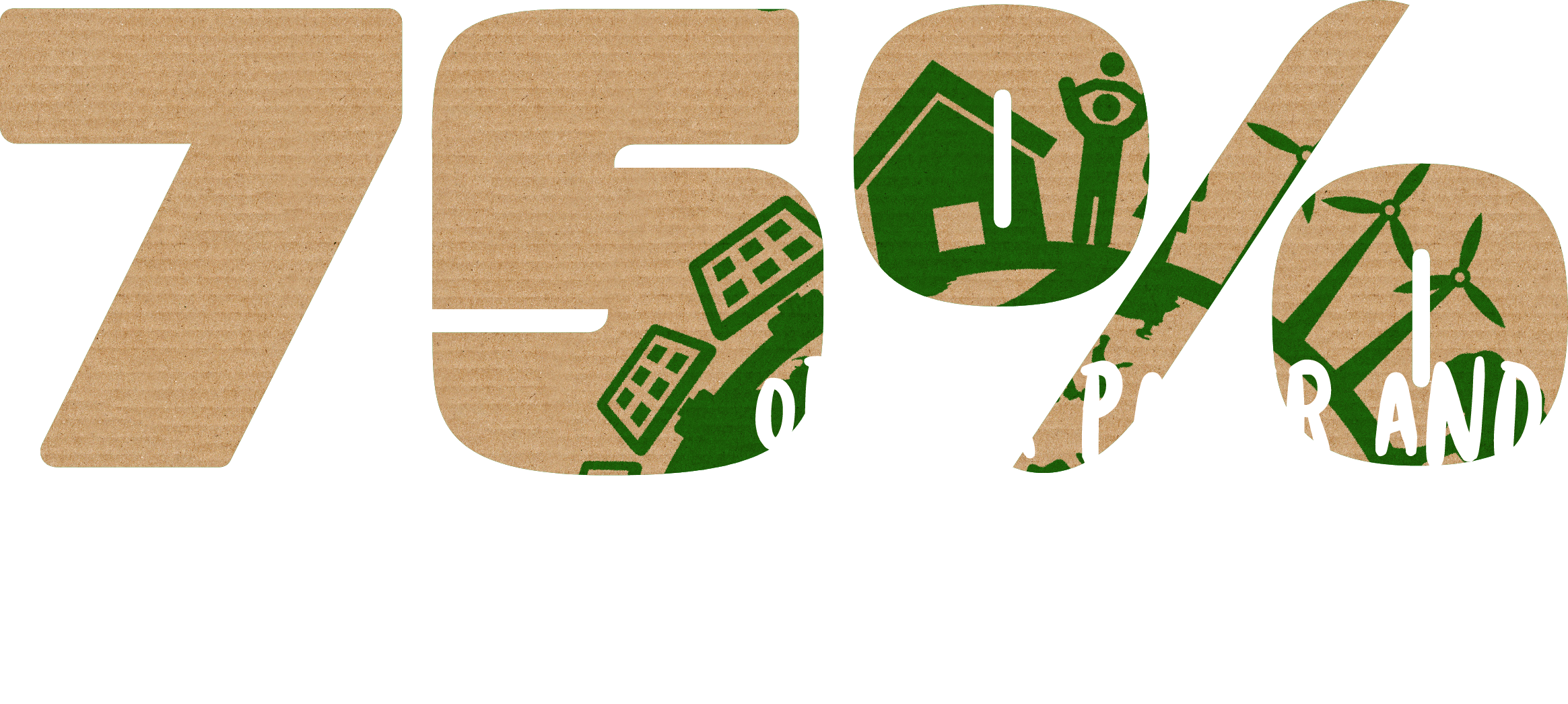
En 2021 realizamos nuestro primer proyecto piloto: Adopción de Comunidades Forestales. Este proyecto, en alianza con Reforestamos y Bioforestal Soluciones Sustentables, se implementó en 6 comunidades del Estado de México, en la región de los volcanes Izta-Popo.
In order to obtain information on the degree of maturity regarding sustainability standards in our work centers, we used a digital platform to analyze our progress and areas of opportunity per establishment, allowing us to establish timely action plans.